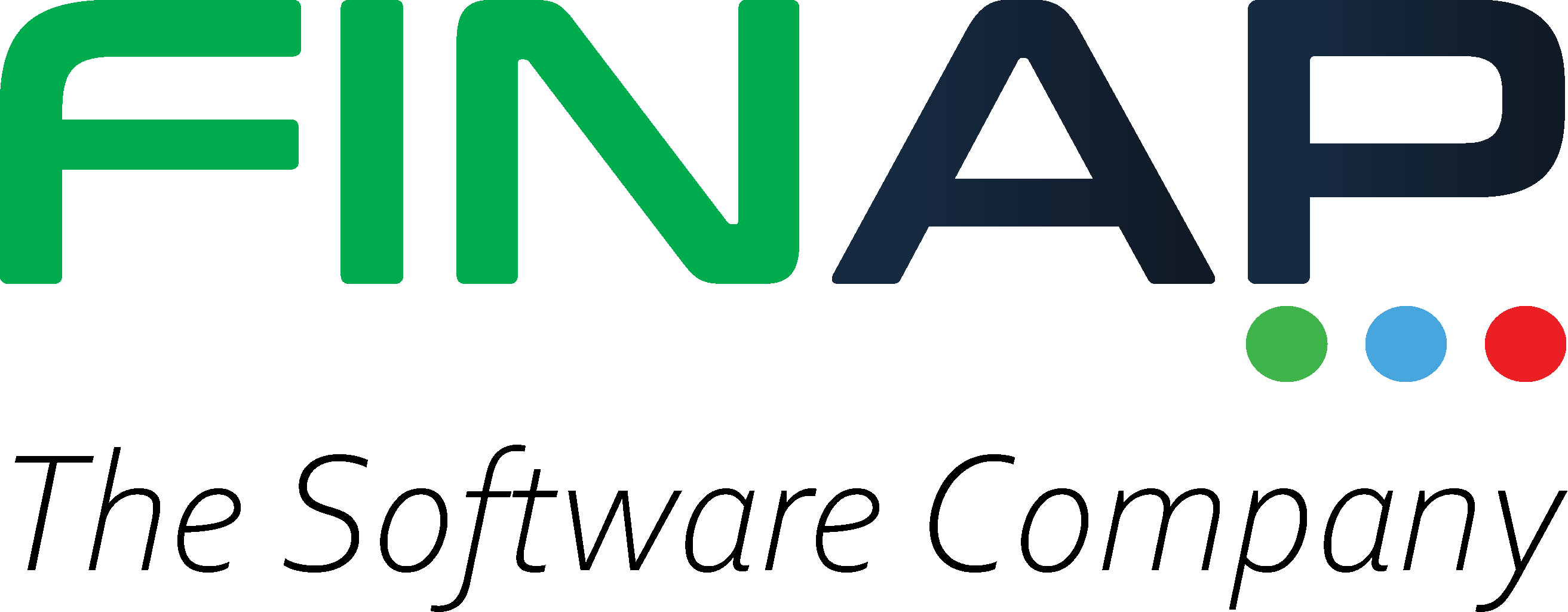1. What is Project Outsourcing ?
Project Outsourcing involves hiring external partners or agencies to handle specific projects or tasks that would otherwise be performed in-house. Software services are among the most sought-after segments in the world. Some companies opt to develop their own software applications internally while many others seek professional assistance. The development of applications is becoming more complex as technology evolves and needs a highly specialized touch to meet complex business requirements.
2. Advantages of Outsourcing for Application Development
- Lower costs
One of the most obvious benefits of project outsourcing is the reduction of costs. The alternative of keeping an in-house team of software developers is very expensive. Maintaining lower levels of operating expenditure is essential for a business to be profitable in the long run. Outsourcing enables access to a vast talent pool without incurring recurring costs such as, recruitment, wages, employee benefits, training, recreation, and infrastructure.
- High flexibility
Outsourcing gives increased flexibility in contrast to hiring software specialists year-round. A company can simply pay for services only when the need arises. Moreover, an external team can be easily downscaled or upscaled while the same cannot be done with an internal team without a lengthy hiring and firing process. Moreover, the organization has the freedom to choose which parts of a project need to be delegated to the vendor and which parts should be handled internally.
- Diverse resources
Project outsourcing can give your organization access to knowledge skills, tools, and infrastructure, which might not even be available in your country or region. The ability to get expertise from an external
party is highly appealing for a company that aspires to stay ahead and be competitive. In the event of an ad hoc project which requires a specific skillset currently not available within the organization, outsourcing could save the day.
- Focus on core business
While it’s true that the development of applications can be done internally, it can be counter-productive for your firm to shift focus from your core business. A focused organization can achieve a higher growth rate than a company that has divided its attention. The time and resources saved by outsourcing can be utilized on essential revenue generating tasks.
- Rapid development
Outsourcing is highly time-effective when compared to assembling a team of software engineers, which could take months: an unnecessary waste of time & effort for a one-off project. In the outsourcing model, your business will be free from the most labor-intensive tasks, saving both time and money.
3. Things To Consider Before Project Outsourcing
Although outsourcing is a good strategy, careful analysis is required before selecting a suitable third party. The outsourced team’s technical capabilities are just one part of the equation. The following list contains 5 guidelines to consider when outsourcing a software project.
1. Credibility & trustworthiness
The most important factor to consider is the credibility and trustworthiness of the company. Take into account, the company’s years of existence, the nature of previous clients they have,
case studies, and testimonials of previous customers. The time spent doing comprehensive
research of the team’s background will not go to waste because it minimizes the risk of finding an unprofessional and unreliable team.
2. Technology & proficiency
Good software companies use state-of-the-art technology stacks, big data, cloud computing, AI & machine learning to offer you a tailor-made solution. Many companies often force their clients to use outdated technologies which drops efficiency and yields poor results.
3. Budget based on requirements
High-quality technical expertise does not come with a cheap price tag. A sound approach is to get as many quotations from various vendors to get a good understanding of rates. After careful due diligence, choose the team that offers the best service for the lowest cost.
4. Timeline or deadlines for project
Set up realistic targets and timeframes for the developing team to get optimal outputs. If you set up deadlines that are too demanding, you will end up with an inferior product. Similarly, if you are too flexible with the deadlines, it may result in delays and wipe out the cost-saving advantages of outsourcing.
5. Time zones & language barriers
Consider the time zones the outsourcing team is working in when selecting an overseas team. Outsource to a geographically close company, ideally in similar time zones (Nearshoring). It is vital to clearly and effectively communicate your requirement, the nature of your business, and the scope of your operations. Consider a company from an English-speaking country because English is the universal language and makes communication much simpler.
4. FINAP for Project Outsourcing
FINAP is a pioneer in developing world-class Fintech solutions. We also offer Technical Resource Outsourcing (TRO) or Technical Resource Augmentation (TRA) for non-financial institutions. Partner with the FINAP team to develop high-quality, software applications specifically catered to match your organization’s business requirements.
A testimonial from a happy client, Sri Lanka’s largest conglomerate John Keells Holdings PLC…
“FINAP helped us to overcome our various software development challenges with their excellent technical skills and strong work ethics. Amongst many things, I’m grateful for FINAP for supporting Keells supermarkets with delivering an excellent ‘online ordering’ system during the COVID-19 Pandemic. I would say choosing FINAP is one of the greatest decisions we have made and FINAP help us to deliver the best services to our customers”
Mr. Osanda Warnakulasuriya
Head of Business Solutions


